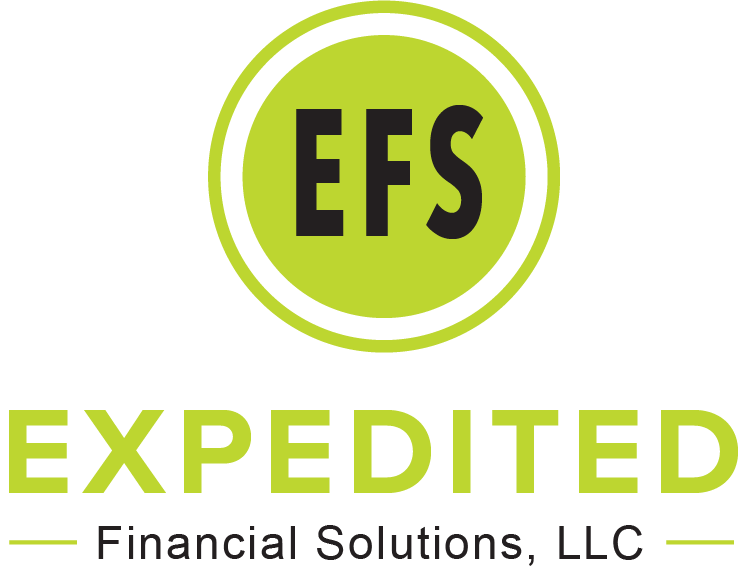The Difference Between an SBA Loan and Conventional Loans
Starting a business is exciting, but you’re going to need to find the right type of funding to get your company off the ground. Unless you’ve saved up for years, this means taking out a loan, but how do you know which loan to choose? For small business owners, that choice comes down to an SBA loan or a conventional loan. Here’s what you need to know about both options.
How Conventional Loans Work
Conventional business loans are often issued by private banks and require many of the same things that personal loans do. Businesses must have a good credit score and a proven ability to make the minimum payments on the loan. They should also have enough collateral to back the loan if they fail to repay what they owe the bank.
If a company fails to make payments, the bank can and will act to get the money they’re expecting.
This isn’t a problem if a company has been around for several years, but it’s almost impossible for startups. That’s where the Small Business Association comes in.
How SBA Loans Work
The Small Business Association is a federal organization that helps startups and small businesses with financing. They don’t work with corporations or companies with hundreds of investors already willing to fund the business. After all, these companies can qualify for conventional loans or find funding elsewhere.
Instead, the SBA works to make small businesses successful and gives them a helping hand when other lenders would dismiss their applications. The loans have a much lower credit score and profit requirements and the SBA allows business owners to use their personal credit scores to supplement a low or non-existent business credit score.
The loans often come with lower interest rates and give borrowers longer terms to pay them off in full. This means smaller monthly payments for new businesses which then frees up more money to invest back into the company as it grows. If growth is slower than expected and the business falls behind on loan payments, the SBA can be forgiving and may offer other assistance to help get things back on track.
Ultimately, an SBA loan is a better deal for new businesses, but it can be more complicated to apply for one. You’ll need to provide a detailed business plan and can expect to wait a while for the loan to be approved in the first place. Just make sure to choose a lender that offers you the best terms possible.




